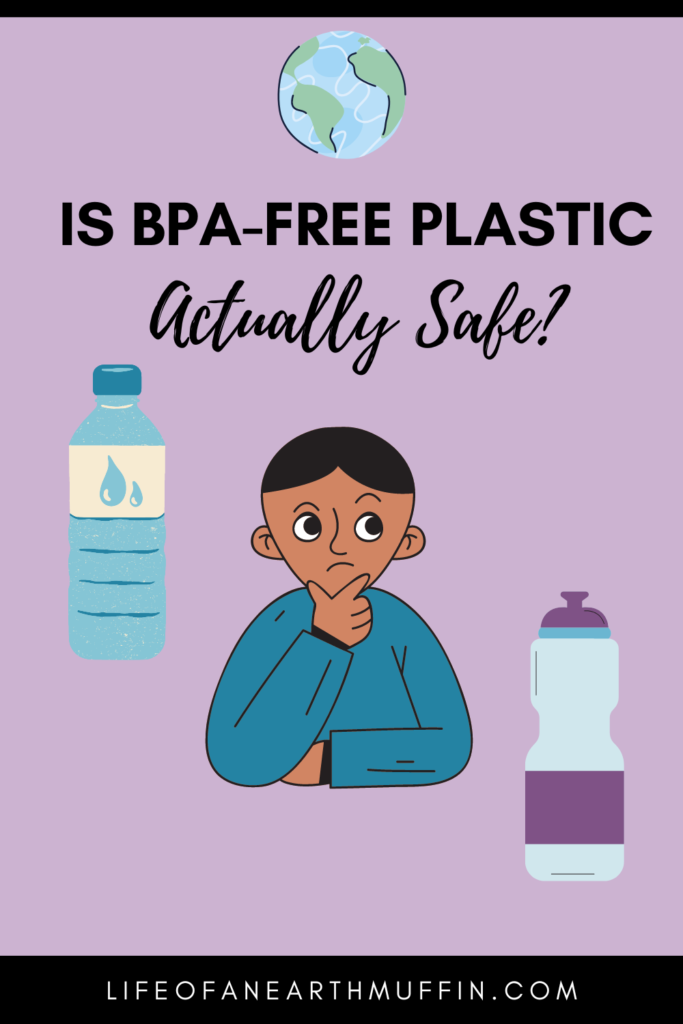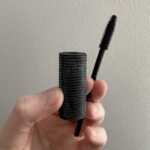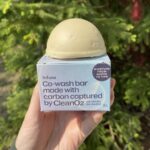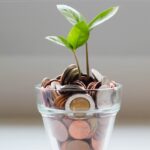Hey earth muffins! Whether we like it or not, plastic is everywhere. I’ve been seeing things labeled as “BPA free” a lot more recently, which got me interested in the health around BPA and plastics. From doing some research, I thought it was a fascinating thing to write about… So let’s jump into a quick discussion on BPA and BPA-free plastics!

What is BPA?
BPA, also known as Bisphenol A, is a chemical used to make certain plastics since the mid-1900s. The plastics that often have traces of this substance are used in containers to store food and drinks (like water bottles). Now you might be asking, why is it bad? I’m not a scientist myself, but there is tons of evidence out there about BPA seeping right into the food and drink stored in those containers. Exposure to certain amounts of BPA can lead to numerous health effects on the brains of infants and kids. Not only that, studies show it can also lead to increased blood pressure, type 2 diabetes and cardiovascular disease. While the U.S. Food and Drug Administration (FDA) says it is safe in low levels, I personally would rather not expose myself to those risks.
Easy Ways to Avoid BPA Plastics
If you also don’t want to expose yourself to BPA, there are a few things I recommend. First, don’t store food or drink in plastic. Plastics 3 and 7 typically contain BPA, so at least avoid those if you can. Also try to avoid heating things up in plastic. While microwaving frozen dinners might sound like a good idea, plastics can leach out BPA when heated.
Another great way to avoid BPA it to look for plastics that are labeled as “BPA Free”. These plastics are made without the BPA chemical… And they are often advertised or labeled as such.
But, is BPA Free Plastic Any Better?
While these plastics don’t contain BPA, there is data to suggest that BPA-free plastics cause health issues as well. An alternative to using Bisphenol A is to just use BPS (aka Bisphenol S) instead, something that is even less biodegradable than BPA. Therefore, being BPA-free does NOT mean it is safer (even if it is marketed this way). Treat it as basically another form of greenwashing – take the “BPA free” label with a grain of salt.

How Do You Avoid all BPAs??
So if BPA plastics and even BPA-free plastics aren’t great for you, what is an earth muffin to do? The easy answer – avoid using plastics as much as possible! For those of us trying to live eco-friendly lives, this isn’t a new concept. At least try minimizing plastics in the kitchen, as this is where BPA/BPS can get in contact with the food and drinks you consume. I recommend using glass or metal containers instead. Do you avoid plastics in the kitchen? Comment below and let me know your thoughts on BPA-free plastics!
Love,
Jenna ♥





I have made the switch to glass containers rather than plastic. Not only does it seem safer, but these last much longer as well. I’m trying to focus on things that will have lots of longevity!